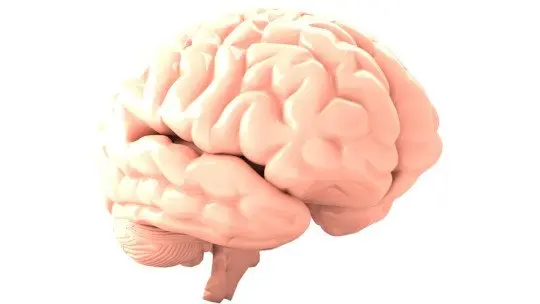
The words we choose to communicate have an impact on others. So much so that people tend to be very cautious with the terms we use when having a conversation, since our degree of precision and clarity when expressing ourselves could tip the balance towards obtaining what we want or, on the contrary, not get it. The power of positive language has been the focus of various scientific research in recent years, and this knowledge has been applied in the most diverse areas, from marketing to sports psychology.
However, the most recent studies on the subject demonstrated that the use of words that are socially categorized as positive could not only be beneficial to relate to an interlocutor, that is, as an argumentative or persuasive strategy, but It could also serve to motivate ourselves In this article we will develop what the effects of using positive language are and how it can be crucial to maximizing our motivation.
The effects of words on others
As we pointed out at the beginning, it is known that the choice of words we use has its effects on other people. This is because there are certain terms that carry a particular connotation, given by the language, that is presented to us in an arbitrary way This is because language precedes us as subjects, is socially determined, and therefore goes beyond our individuality. There are many studies in the field of linguistics and social psychology that explain how the words we choose affect the behavior of others.
For example, in research carried out by a team at the State University of New York, study participants were randomly divided into two groups. Both groups were presented with a group of people who had experienced cancer, and were then asked to rate their reactions and attitudes when interacting with them. However, one of the groups was told that they would be presented with a set of “patients” with cancer; and the other, cancer “survivors.” The results showed that Participants who were presented with a group of “survivors” of the disease reported greater willingness to interact with them as well as demonstrated more positive attitudes in the bond, compared to the group that was presented with a set of “patients.”
This is just one possible example that, even if we are referring to the same thing, our choice of words can have a powerful effect on others.
The importance of positive self-talk
Having a practical vision of these findings allows us to use the power of language to our advantage, not only to obtain what we want from others, but to motivate ourselves. Self-dialogue is a form of verbalization or statement directed towards oneself, with the purpose of giving instructions or motivating ourselves. Self-dialogue has been studied exhaustively in relation to sports psychology; since the use of this strategy has proven to be useful to increase the athlete’s effort, increase self-confidence during the game, especially when fatigued, and also to achieve a more positive state of mind. On the other hand, self-dialogue can have technical and tactical implications. Using positive language can improve skills during competitions, improve the performance and precision of athletes, both in individual and team sports.
An experimental study in the mid-nineties sought to corroborate whether positive and negative self-talk produced any effect on performance in a game of darts. Participants were randomly assigned to three groups, one under the positive self-talk condition; another, negative self-talk; and a control group. The results indicated that those who referred to themselves using positive language were significantly more accurate in the game than those who used negative messages. For their part, participants who were assigned to the negative self-talk condition reported that they expected to improve more in the future at darts than the other group.
How does positive language affect our motivation?
In this way, positive language has a direct impact on people’s performance. And, furthermore, it is not necessary to reduce these results to the sporting level. Many other investigations have proven the effects of positive language on people, which made possible the development of psychotherapeutic interventions with the aim of promoting the cultivation of this skill. It has been found that positive language can significantly reduce anxiety, boost self-confidence, and increase effort around completing a task.
It also plays a fundamental role in motivation. Maintaining positive self-dialogue gives us the possibility of sustaining long-term activities and projects that are important to ourselves, even when difficulties arise along the way. Using language that highlights our capabilities and, at the same time, is self-compassionate with our defects and aspects to improve, can keep motivation high; but, above all, allows us to not be so dependent on motivation to achieve what we want in our lives In other words, this type of language increases our motivation, but it also opens the possibility that even in complex situations, in which we are unmotivated, we are able to persevere in what leads us to the place where we want to be in the future.
Contrary to what it may seem, the development of positive language does not result from the mere repetition of positive phrases, but is the result of more complex work that ideally should be carried out by a therapist. Many interventions used in cognitive-behavioral therapy are based on cognitive restructuring, that is, the modification of those biased beliefs that cause people to make erroneous interpretations about reality or ourselves. According to Van Raalte and collaborators, Concern about the harmful effects of negative self-talk is one of the concerns that has prompted the development of this type of intervention For this reason, going to a therapist whose training specializes in this topic will be extremely useful to face a kinder way of addressing ourselves and, in this way, increase our motivation, productivity and well-being. ##References








